Ratshire Terrier vs. Papiox: Breed Differences and Similarities
Hypoallergenic
Are Ratshire Terriers or Papioxs hypoallergenic, or neither?
Unfortunately, neither Ratshire Terrier nor Papiox are hypoallergenic, which may not make them the best choice for dog lovers who suffer from pet allergies.
Temperament
What are the personalities of Ratshire Terrier and Papiox dogs?
Playful
Loving
Independent
Energetic
Alert
Courageous
Intelligent
Affectionate
Loyal
Lively
Inquisitive
Playful
Happy
Energetic
Alert
Intelligent
Friendly
Loyal
Spirited
Shedding Level
Do Ratshire Terriers shed more than Papioxs, or which breed sheds more, Ratshire Terriers or Papioxs?
Ratshire Terriers are moderate shedders, but regular brushing can reduce shedding and maintain coat health.
Papioxs are low shedding dogs, requiring minimal coat care.
Origin
What is the origin of Ratshire Terrier and Papiox dog breeds?
United States
United States
Ancestry
What are the origins of Ratshire Terrier and Papiox breeds?
Yorkshire Terrier, American Rat Terrier
Toy Fox Terrier, Papillon
Date of Birth
When were Ratshire Terrier and Papiox breeds first developed?
2000s
Unknown
Eye Color Possibilites
What are the eye colors of Ratshire Terrier and Papiox dogs?
Hazel
Brown
Brown
Nose Color Possibilites
What are the natural nose colors of Ratshire Terrier and Papiox?
Black
Black
Coat Color Possibilites
What are the natural colors of the coat for Ratshire Terrier and Papiox breeds?
Black
Gray
Brown
Red
Fawn
Fawn
Silver
White
Pied
Sable
Brindle
Black
Brown
Red
White
Coat Length
What is the typical coat length for Ratshire Terrier and Papiox breeds?
Ratshire Terriers have longer coats compared to most dogs.
Papioxs have medium-length coats.
Coat Density
What is the density of the coat of Ratshire Terrier and Papiox?
Coat Texture
What is the hair texture of Ratshire Terrier and Papiox?
Straight
Litter Size
What is the usual litter size for Ratshire Terrier and Papiox?
A Ratshire Terrier can have a litter of 5-7 puppies on average. However, it's worth noting that the size of the litters can vary greatly. Factors that can influence litter size include the health of the mother, breeding history, and genetics.
A Papiox can have a litter of 2-6 puppies on average. However, it's worth noting that the size of the litters can vary greatly. Factors that can influence litter size include the health of the mother, breeding history, and genetics.
Adaptability
Ratshire Terrier and Papioxs are known for their adaptability and versatility. They are capable of adapting well to a wide range of lifestyle changes and living environments, making them great companions for families and individuals of all lifestyles.
Health Issues
Between Ratshire Terrier and Papiox, which breed is more prone to health problems?
Ratshire Terriers typically have low vet costs due to their good health, but it's important to monitor their health and seek vet care when necessary.
While the Papiox breed is generally healthy, occasional vet check-ups are still necessary to address any health concerns.
Major Concerns
What are the major health concerns for Ratshire Terrier and Papiox breeds?
Portacaval Shunt
Hip And Elbow Dysplasia
Tracheal Collapse
Portosystemic Shunt
Portacaval Shunt
Minor Concerns
What minor health issues should be kept in mind when owning Ratshire Terrier and Papiox?
Patellar Luxation
Retinal Dysplasia
Progressive Retinal Atrophy (PRA)
Cataracts
Glaucoma
Hypothyroidism
Food Allergies
Occasional Tests
What occasional tests are recommended for Ratshire Terrier and Papiox breeds?
Eye Examination
Skin Evaluation
Blood And Urine Analysis
Diagnostic Imaging
Dental and Oral Examinations
Electromyography (EMG)
DNA
Eye Examination
Radiographs
Blood Sugar and Thyroid Tests
Complete Physical Examination
Social Needs
Ratshire Terrier vs Papiox social needs comparison
Ratshire Terrier and Papiox have very high social needs. These needs include regular mental and physical stimulation, a job or purpose, and companionship. They thrive in environments where they have a lot of interaction with humans and other dogs.
Sleeping Need
Which of the two sleeps the most/least: Ratshire Terrier or Papiox?
Ratshire Terriers are active and require sufficient sleep to stay healthy.
Papioxs sleep less than other breeds but still need adequate sleep for good health.
Mouthiness
Mouthiness Comparison: Ratshire Terrier vs Papiox?
Roaming urge
Ratshire Terrier vs Labrador: Running away tendency?
Prey Drive
Ratshire Terrier or Papiox - which breed has a higher level of prey drive?
Activity Level
Which breed has higher energy, Ratshire Terriers or Papioxs?
Ratshire Terriers are high-energy dogs. They need mental as well as physical exercise. These dogs require a lot of your involvement and without it they can, and will, become problematic dogs.
Papioxs are medium-energy dogs and typically enjoy socializing and playing casual or even sustained games of chase with other dogs. They may also have occasional periods of barking or racing around the house.
Tolerance of being left alone
Walks per Week
How many miles should Ratshire Terrier or Papiox walk each week?
There's really no limit to how far you walk your dog as long as they're comfortable. For Ratshire Terrier, it's at least 8 miles / week. Just remember to build distance and stamina gradually over time.
There's really no limit to how far you walk your dog as long as they're comfortable. For Papiox, it's at least 5 miles / week. Just remember to build distance and stamina gradually over time.
Activity per Day
Do Ratshire Terriers or Papioxs require more exercise?
In general most Ratshire Terriers usually need at least 90 minutes of exercise daily. This can be spread across the day and include all sorts of high-energy activities, like walking, running and playing.
In general most Papioxs usually need at least 30 minutes of exercise daily. This can be spread across the day and include all sorts of high-energy activities, like walking, running and playing.
Grooming
Which breed is easier to maintain in terms of grooming, Ratshire Terriers or Papioxs?
The Ratshire Terrier requires an average amount of grooming compared to other breeds.
The Papiox has low grooming needs and is easy to maintain.
Brushing Frequency
What is the recommended brushing frequency for Ratshire Terrier and Papiox dogs?
Ideally, Ratshire Terrier should be brushed at least 2 or 3 times a week (preferably daily) improve shedding.
Papiox should be brushed at least once a week. Of course you can give them more frequent brushes if you find that they are still shedding a lot
Brushing Tools
What brushing tools are used for Ratshire Terriers and Papioxs?
Pin Brush
Dematter
Comb
Clipper
Pin Brush
Nail Clipper
Cups
How much food should be given to Ratshire Terrier or Papiox in cups?
Ratshire Terrier and Papiox share the same recommended daily food intake of 1 cups, although the appropriate quantity may vary depending on the quality and nutritional content of their food.
Daily Cost
Which breed has a higher daily cost, Ratshire Terrier or Papiox?
The average cost of a Ratshire Terrier is somewhere $1.10 - $1.40 per day.
The average cost of a Papiox is somewhere $1.00 - $1.40 per day.
Monthly Cost
Which breed has a higher monthly cost, Ratshire Terrier or Papiox?
When it comes to monthly expenses, both Ratshire Terrier and Papiox have a similar average cost, ranging from $28 - $42. This results in an average yearly cost of around $336 - $504.
Sensitivity Level
How do Ratshire Terrier and Papiox compare in sensitivity?
This breed is sensitive to its environment and best suited for patient and understanding families with a consistent routine.
This breed is sensitive and requires gentle handling and a calm home environment.
Apartment Friendly
Which breed is more apartment-friendly: Ratshire Terrier or Papiox?
Ratshire Terriers make excellent apartment dogs, being fairly active indoors and not requiring a yard.
The Papiox is a great apartment dog, thriving with sufficient exercise and time outside as part of their daily routine.
Child Friendly
Do Ratshire Terriers or Papioxs have a friendlier temperament towards children?
Ratshire Terrier and Papiox are average friendly dogs towards children.
Senior-friendly
Which dog is more suitable as a pet for the elderly - Ratshire Terrier or Papiox?
Cat Friendly
Do Ratshire Terrier or Papiox breeds have a better compatibility with cats?
Ratshire Terriers are good with cats, but early training is needed to prevent chasing behavior.
Papioxs are very friendly with cats and make great companions for them.
Dog Friendly
Which breed is more sociable with other dogs: Ratshire Terrier or Papiox?
{Ratshire Terriers and Papioxs are average friendly towards other dogs. If they are raised with other dogs, they are likely to get along with them. And, if they are socialized properly from a young age, they will usually be great with other dogs.
Pet friendly
How do Ratshire Terrier or Papiox dogs interact with other pets?
Stranger Friendly
Which breed is more friendly with strangers: Ratshire Terrier or Papiox?
Ratshire Terrier and Papiox are friendly dogs and typically won't bark at strangers. However, if you wish to change this behavior, training them is easy thanks to their intelligence, making it pretty simple to teach them anything.
Playfulness
Which breed is more playful between Ratshire Terrier and Papiox?
Ratshire Terriers have an average level of playfulness, enjoying playtime like most dogs but not excessively so.
Papioxs are very playful, so adopting an older one might be a better option for a more relaxed experience.
Trainability
How do the trainability levels of Ratshire Terriers and Papioxs compare?
Ratshire Terriers are usually easy to train but require consistency to fully obey commands.
Papioxs are popular for their ease of training and quick learning ability.
Compare Ratshire Terrier with other breeds
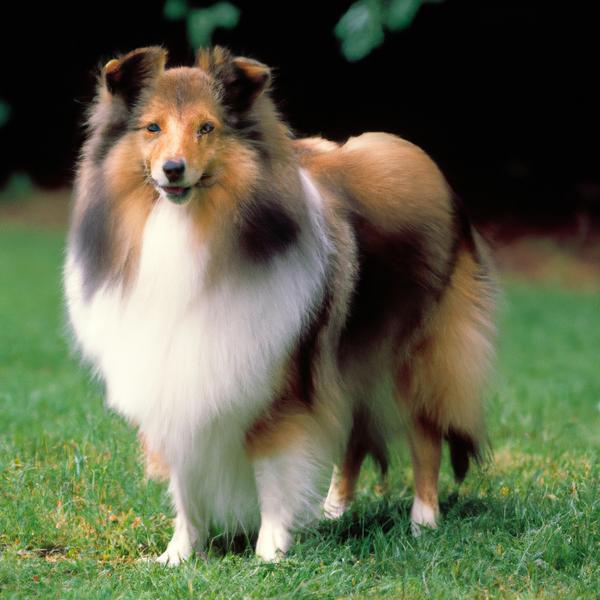
Sheltie-Kee
Ratshire Terrier vs Sheltie-Kee
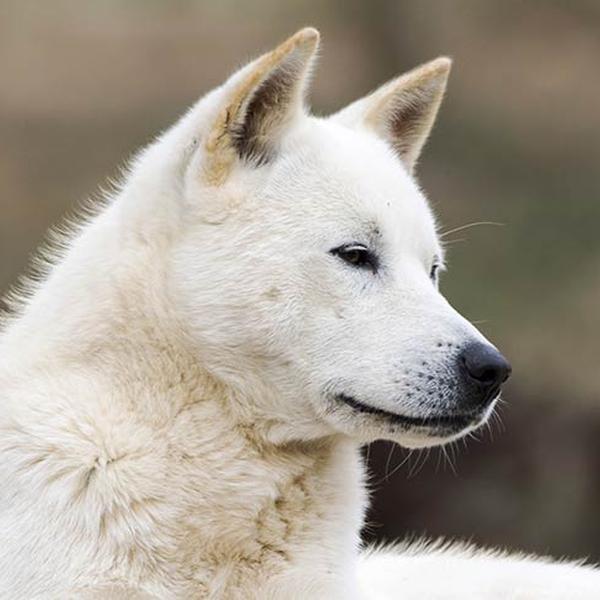
Jindo
Ratshire Terrier vs Jindo
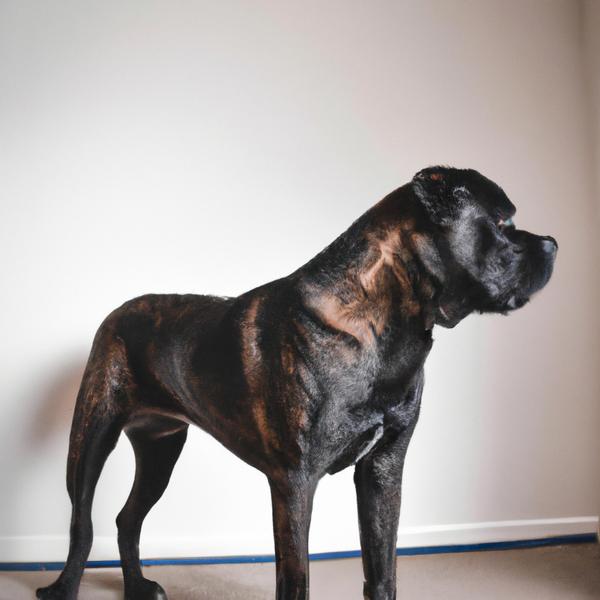
King Cavrin
Ratshire Terrier vs King Cavrin
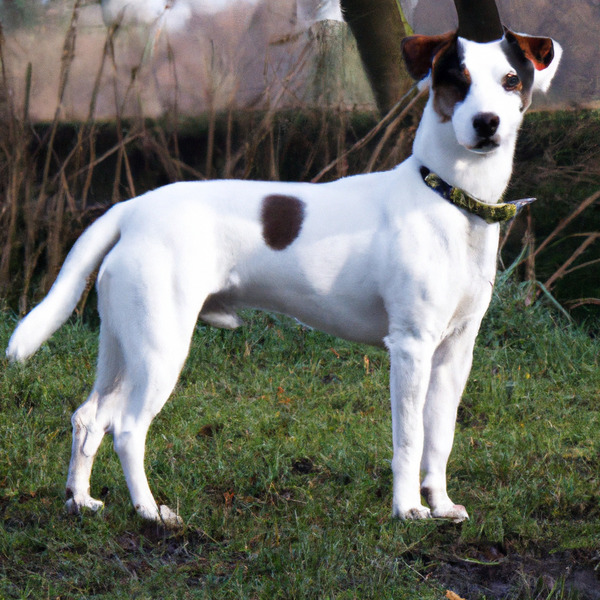
Markiesje
Ratshire Terrier vs Markiesje
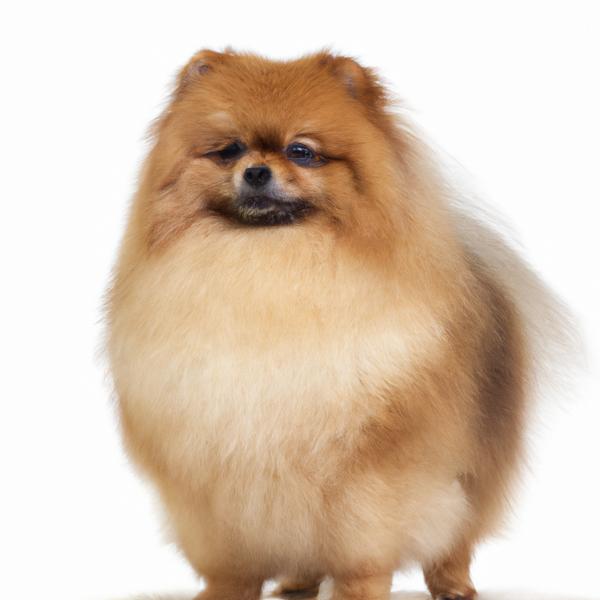
Pom-Silk
Ratshire Terrier vs Pom-Silk
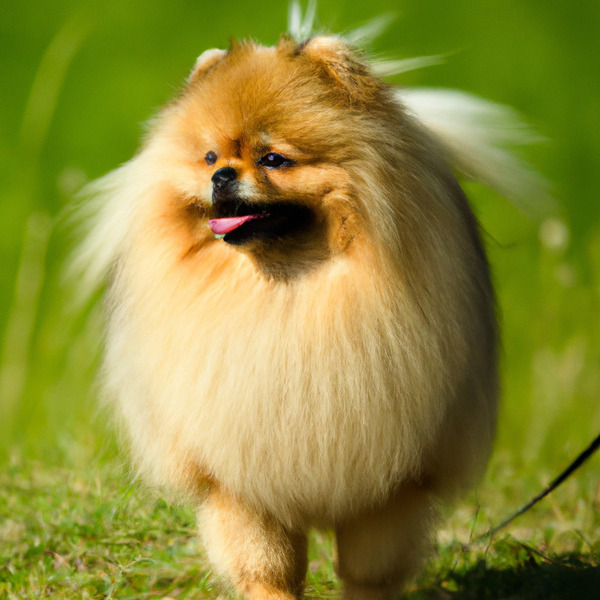
Dameranian
Ratshire Terrier vs Dameranian
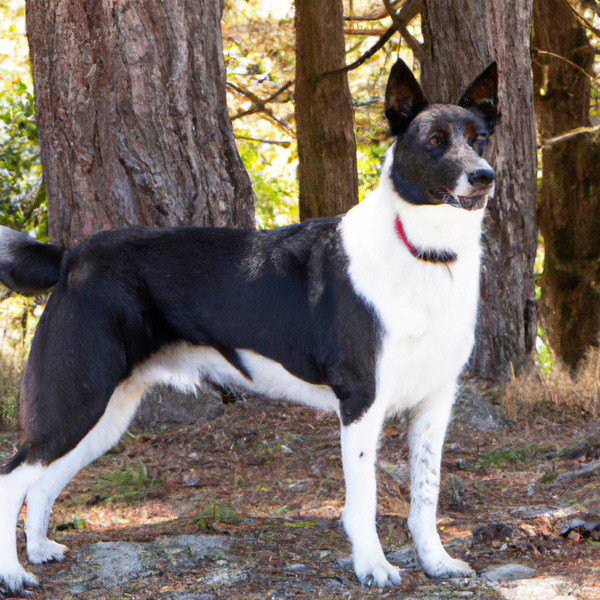
New Zealand Heading Dog
Ratshire Terrier vs New Zealand Heading Dog
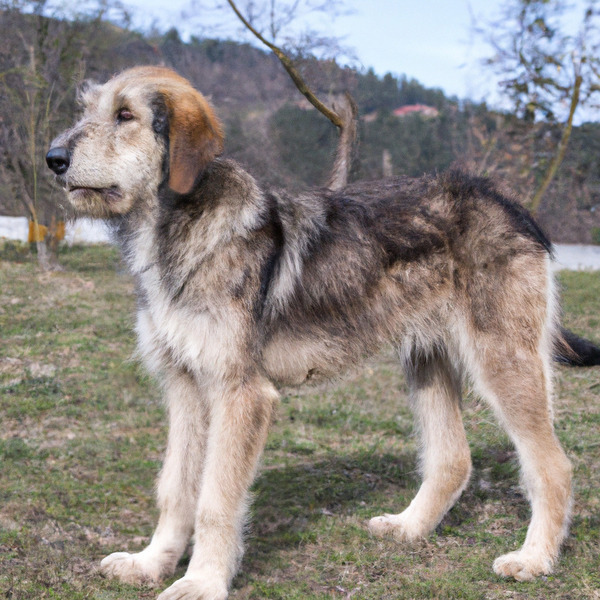
Barak (Bosnian Coarse-haired Hound)
Ratshire Terrier vs Barak (Bosnian Coarse-haired Hound)

Boerboel
Ratshire Terrier vs Boerboel
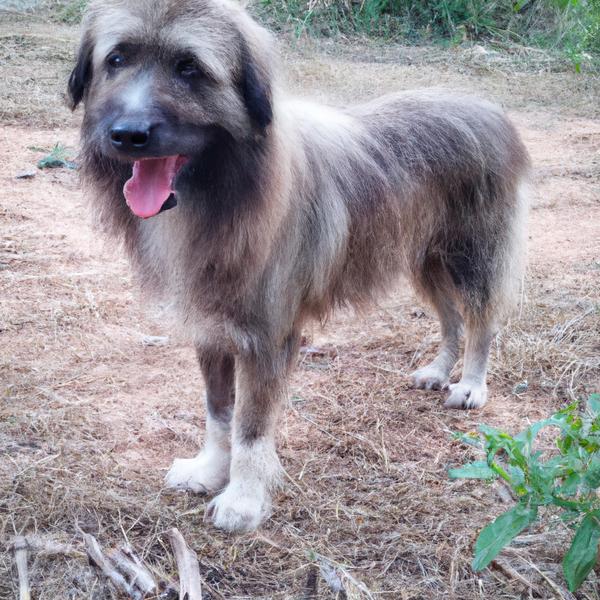
Papiox
Ratshire Terrier vs Papiox

Sheepadoodle
Ratshire Terrier vs Sheepadoodle
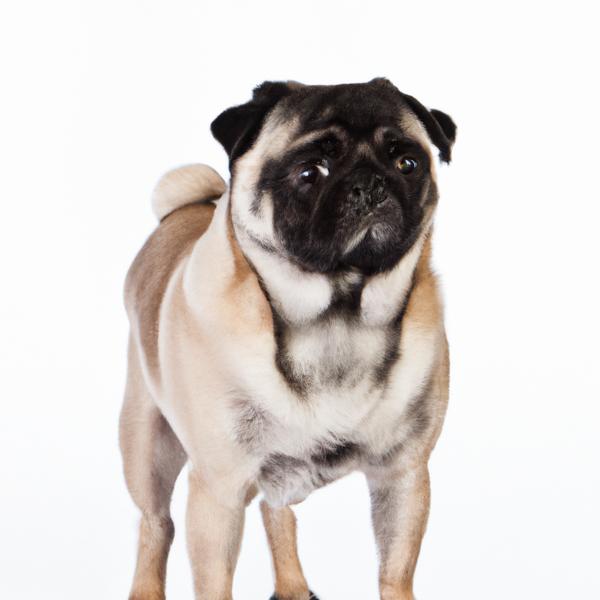
Pug-A-Mo
Ratshire Terrier vs Pug-A-Mo
